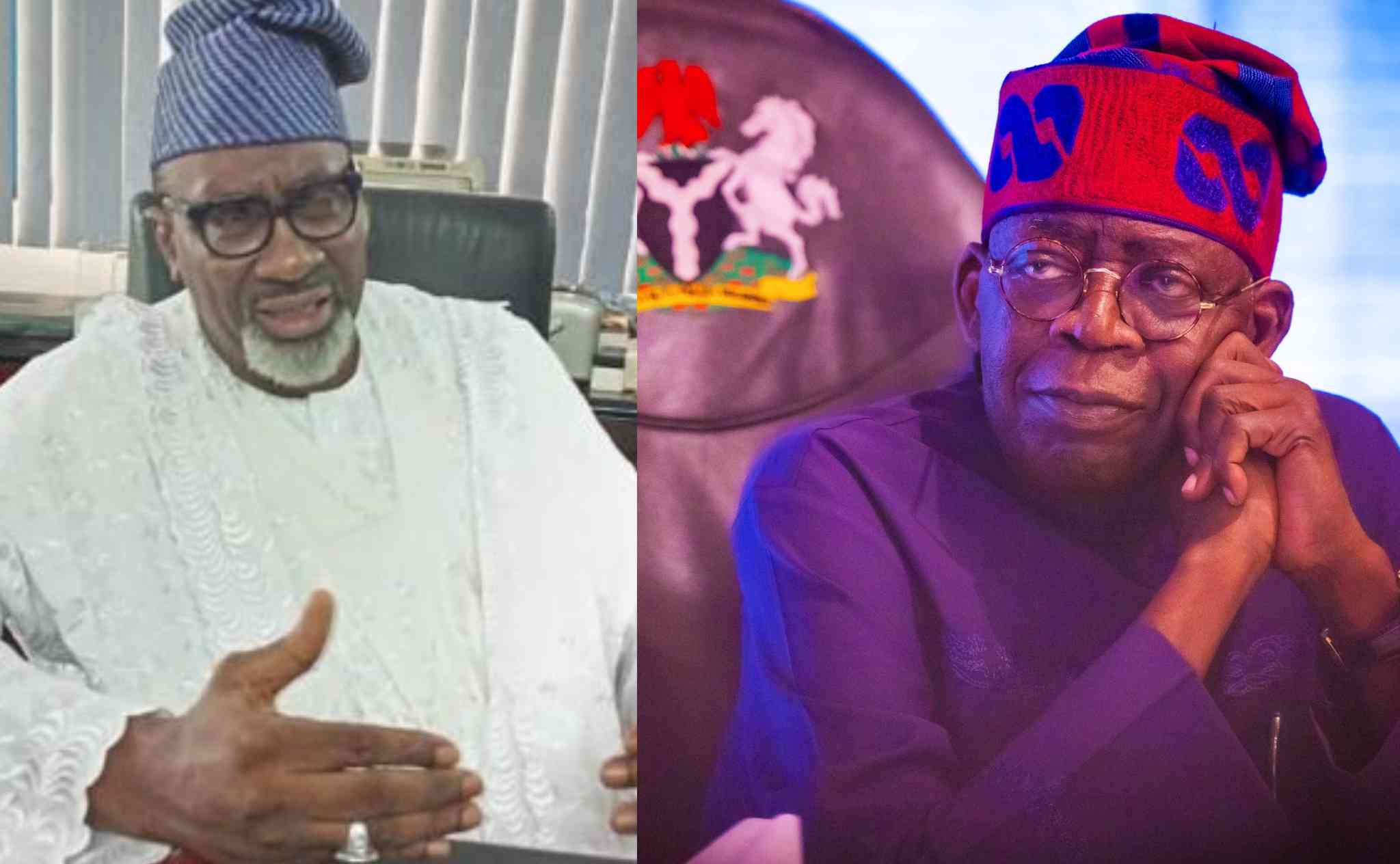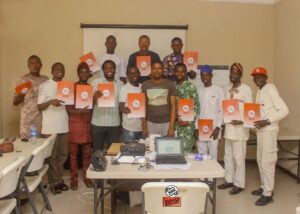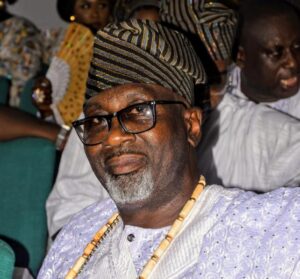I would like to offer Mr. President some positive suggestions. – Abayomi Odunowo.
Mr. President, as I sat and listened to your speech in Lagos, I couldn’t help but notice the frequent use of the pronoun “I”. While I understand that as the President, you hold a position of great authority and responsibility, I couldn’t help but feel that the use of “I” in your speeches was not as presidential as it could be. Instead, I believe that embracing the use of “we” would convey a more inclusive and team-oriented message to the public.
One of the key reasons for advocating for the use of “we” instead of “I” is that it emphasizes the idea that the President is at the head of a team. It conveys the message that he is not a go-it-alone leader, but rather one who values the input and collaboration of his team. By using “we”, the President can demonstrate that he is not making decisions in isolation, but rather as part of a collective effort involving his advisors, cabinet members, and the people he serves. This presents a more unified and cohesive image of leadership, rather than one of individualism.
Furthermore, the use of “I” in a leader’s statements can often be perceived as leaning towards a more autocratic or absolutist leadership style. While I know that this is not the intent behind the President’s speeches, the language used can inadvertently convey a sense of unilateral decision-making and authority. By utilizing “we”, the President can communicate that his leadership is rooted in collaboration and consensus-building, rather than one of dictation and command.
Additionally, the use of “we” is a common practice amongst leaders, often referred to as the “Royal we”. This practice serves to convey a sense of unity and shared responsibility among a leader and their constituents. As those close to the President, it is important to encourage the adoption of the “we” pronoun in his speeches, as it aligns with the established conventions of leadership communication. By adhering to this standard, the President can demonstrate his commitment to upholding the traditions and norms of leadership, both domestically and on the global stage.
As those who support and advise the President, it is crucial to convey the importance of this shift in language. It is not a matter of diluting the President’s authority, but rather of reinforcing the idea that his leadership is rooted in consensus and teamwork. By making this adjustment, the President can communicate a more balanced and relatable image of leadership, one that resonates with the public and fosters a sense of collective responsibility.
In conclusion, the shift from “I” to “we” in the President’s speeches holds significant implications for how his leadership is perceived. By embracing the “we” pronoun, the President can convey a more inclusive, collaborative, and team-oriented approach to leadership. This adjustment aligns with established leadership conventions and serves to reinforce the idea that his decisions are made in partnership with his team and constituents. As those who support the President, it is crucial to advocate for this shift in language, as it reflects a commitment to unity, consensus, and shared responsibility in leadership.
Otunba Abdulfalil Abayomi Odunowo
National Chairman AATSG
2nd March. 2024
Do you have any information or event for Epinews to publish or cover? Kindly Call us on +2349053535322 or send us message on Whatsapp number +2349053535322 or send us an email here










